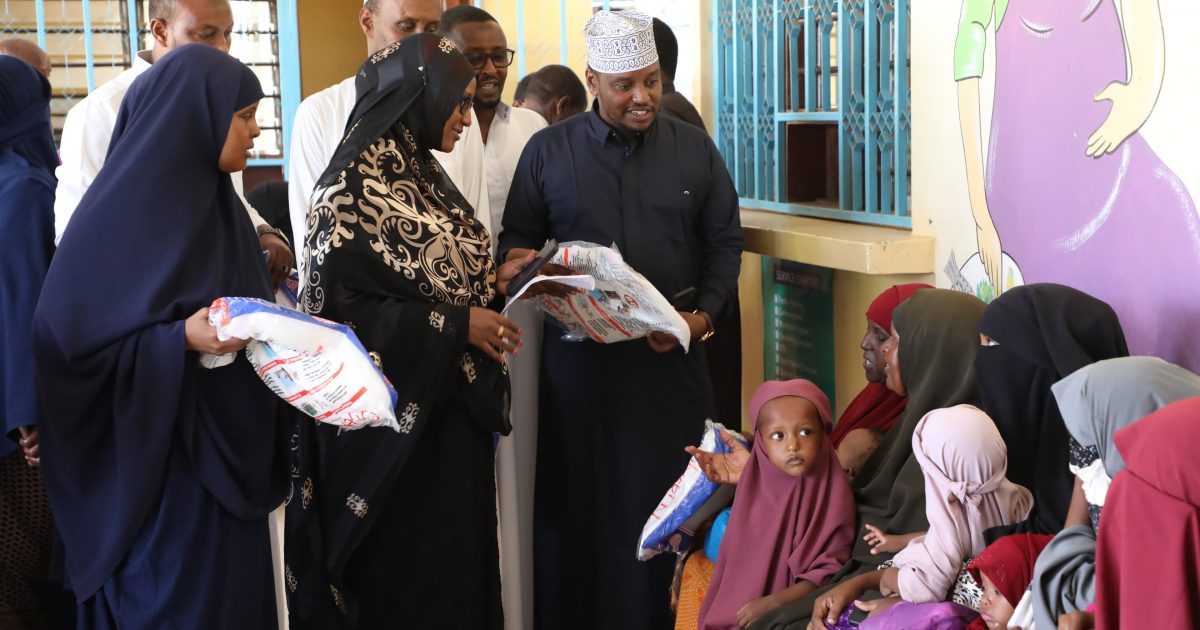Mandera County joined the rest of the world in marking World Malaria Day with a strong emphasis on prevention, through the distribution of mosquito nets to vulnerable groups including pregnant women and mothers with newborn babies.
This year’s event was held under the global theme “Reinvest, Reimagine, reignite” – a grassroots campaign aimed at revitalising efforts from global policy to community action in order to accelerate progress toward malaria elimination.
The campaign was spearheaded by the Mandera County Department of Health in collaboration with development partners and health stakeholders.
Over 1,000 mosquito nets were distributed across various sub-counties.
Despite ongoing efforts, health officials noted that only 60 percent of households in Mandera own insecticide-treated nets, which falls significantly short of the WHO target of 90 percent.
The shortfall is largely attributed to harsh climatic conditions and the region’s proximity to conflict zones.
Speaking during the event, Mumtaza Bishar, Mandera County CEC for Health, acknowledged that malaria still affects between 15–20 percent of the county’s population annually, with pregnant women and children under five accounting for nearly 70 percent of reported cases.
“We must reignite our commitment as a county—across all sectors and communities—to ensure no family is left behind in the fight against malaria,” she said.
Other health officials at the event emphasised the importance of proper use of mosquito nets, not only to prevent malaria but also other mosquito-borne diseases such as Dengue fever.
The county will also work to integrate WHO-recommended vaccines like RTS,S and 21 into routine immunisation programmes and also develop mobile clinics digital tracking and community-led outreach.
More than 70 percent of health facilities now provide malaria testing and spraying by community health volunteers across Mandera County.
World Malaria Day continues to serve as a critical reminder of the global and local responsibility to end malaria, and Mandera County’s proactive measures reflect a growing commitment to health equity and disease prevention.
By Adan Mohamed





